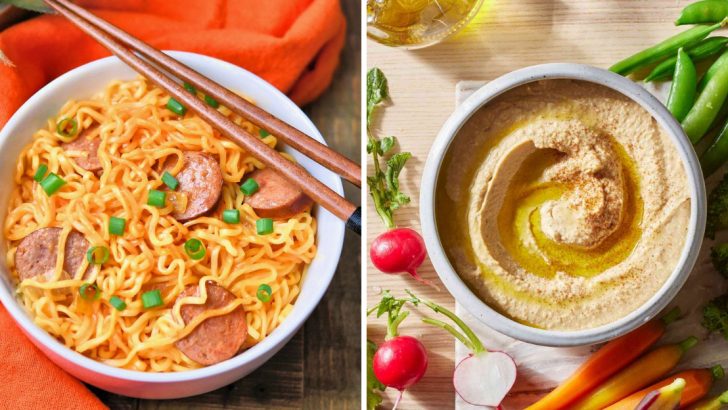Ever wondered what’s lurking in those bright, shiny packages at the grocery store? Processed foods have become a massive part of our everyday eating habits, but not all are created equal.
Some are nutritional nightmares packed with weird chemicals and tons of sugar, while others might actually be good for you! Let’s explore 20 processed foods – the good, the bad, and the downright ugly.
1. Packaged Cookies

Those innocent-looking cookies in the colorful packages? Total sugar bombs! One regular chocolate chip cookie can pack more sugar than you should eat in an entire meal.
The worst part isn’t even the sugar – it’s the weird lab-created fats that help them stay “fresh” for months on your shelf. These trans fats mess with your cholesterol levels and heart health.
2. Sugary Cereals
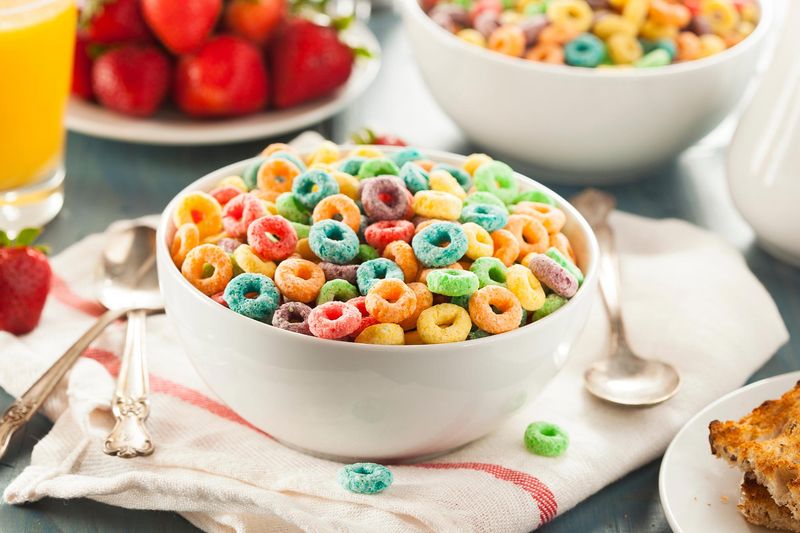
Cartoon characters shouldn’t be your breakfast advisors! Those vibrant, rainbow-colored cereals might as well be dessert – some pack more sugar per serving than actual candy bars.
The shocking truth: many kids consume more than half their daily sugar limit before 8 AM. Manufacturers cleverly market these sugar bombs with health claims about “whole grains” or “fortified with vitamins,” but that’s like putting a multivitamin in a bowl of sugar and calling it healthy.
3. Soda
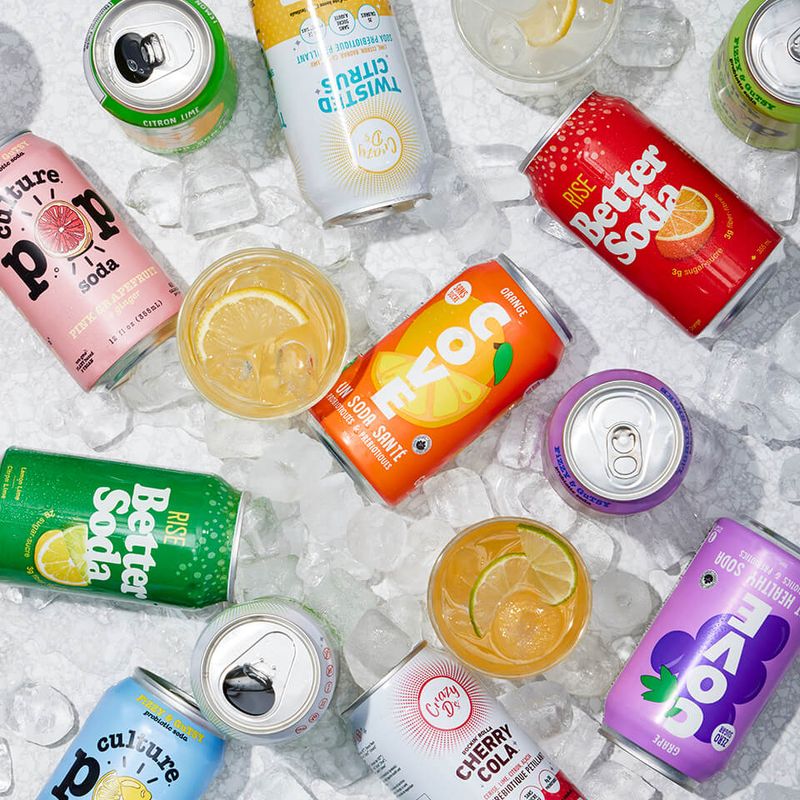
Crack open a soda and you’re basically mainlining sugar – a typical 12-ounce can contains about 10 teaspoons! Your pancreas freaks out, flooding your system with insulin while your liver hustles to convert all that sweetness into fat.
Beyond the sugar nightmare, sodas contain phosphoric acid that weakens your bones and teeth. That caramel coloring in dark sodas? It contains a potential carcinogen called 4-MEI that California even requires warning labels for.
4. Instant Noodles

Ramen to the rescue? Not so fast! Those dirt-cheap noodle bricks might save your wallet, but they’re waging war on your health. A single package contains enough sodium to make a cardiologist cry – sometimes up to 80% of your daily limit!
The noodles go through a bizarre process called flash-frying in palm oil, which explains the astronomical fat content. Studies have linked regular instant noodle consumption to metabolic syndrome, heart disease, and stroke.
5. Processed Meats
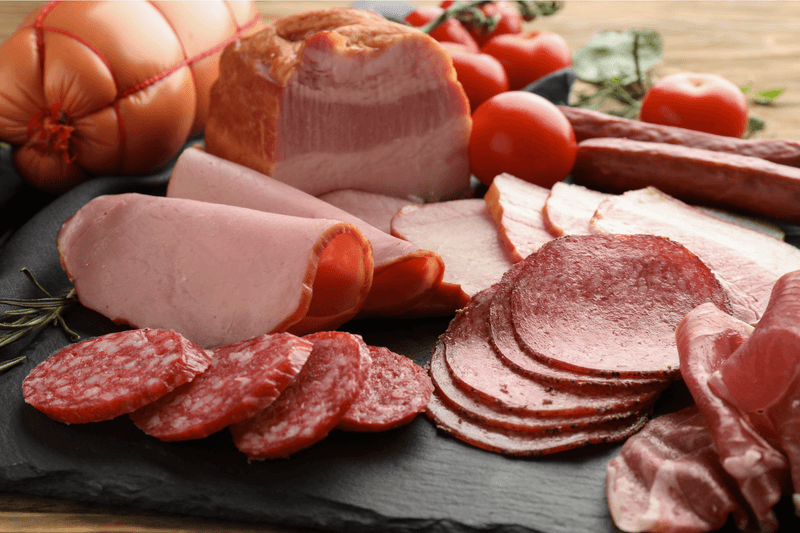
Hot dogs, bacon, and deli meats might make quick sandwiches, but they’re classified as Group 1 carcinogens by the World Health Organization – the same category as cigarettes! The smoking gun? Nitrates and nitrites used for preservation and that appealing pink color.
These meats are typically loaded with salt – a single serving can contain half your daily sodium allowance. They’re also packed with mystery ingredients like “meat trimmings” and fillers that wouldn’t make the cut in your kitchen.
6. Potato Chips
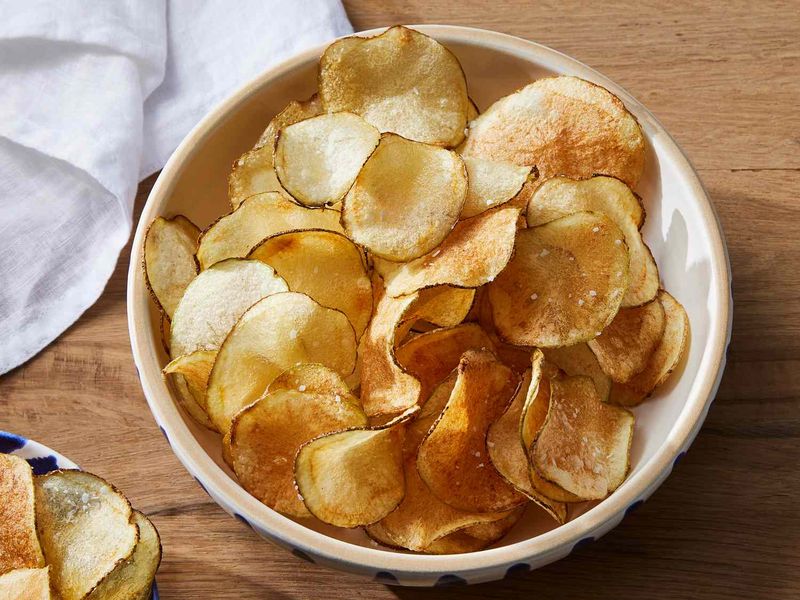
Remember that old Pringles slogan “Once you pop, you can’t stop”? That’s not just clever marketing – it’s food science at work! Manufacturers engineer these crispy devils to hit your bliss point of salt, fat, and crunch, creating a snack that’s literally addictive.
Beyond the obvious fat and sodium concerns, chips contain acrylamide – a compound formed when potatoes are fried at high temperatures. This nasty chemical has been linked to cancer in animal studies.
7. Frozen Pizza

Holy pepperoni! A single serving of frozen pizza can pack more sodium than you should eat in an entire day. That’s before you realize most people eat multiple “servings” in one sitting!
The crust often contains dough conditioners like azodicarbonamide – a chemical also used to make yoga mats and shoe rubber. That stretchy cheese? It’s usually a processed “cheese product” with more oil and preservatives than actual dairy.
8. Margarine

Margarine was once hailed as the heart-healthy alternative to butter – what a plot twist that turned out to be! Originally loaded with trans fats, this fake butter was actually worse for your heart than the real stuff.
Modern versions still raise eyebrows with their long ingredient lists. Real butter contains cream and maybe salt. Margarine? Vegetable oils processed beyond recognition, emulsifiers, artificial flavors, colorings, and preservatives that keep it shelf-stable for ages.
9. Canned Soup

Campbell’s might remind you of Grandma’s kitchen, but these metal cylinders hide a shocking secret – one can contains more sodium than you should consume in an entire day! High blood pressure, here we come.
Many canned soups contain BPA – a chemical that leaches from the can lining into your food. This endocrine disruptor has been linked to hormonal issues, reproductive problems, and even cancer.
10. Candy Bars
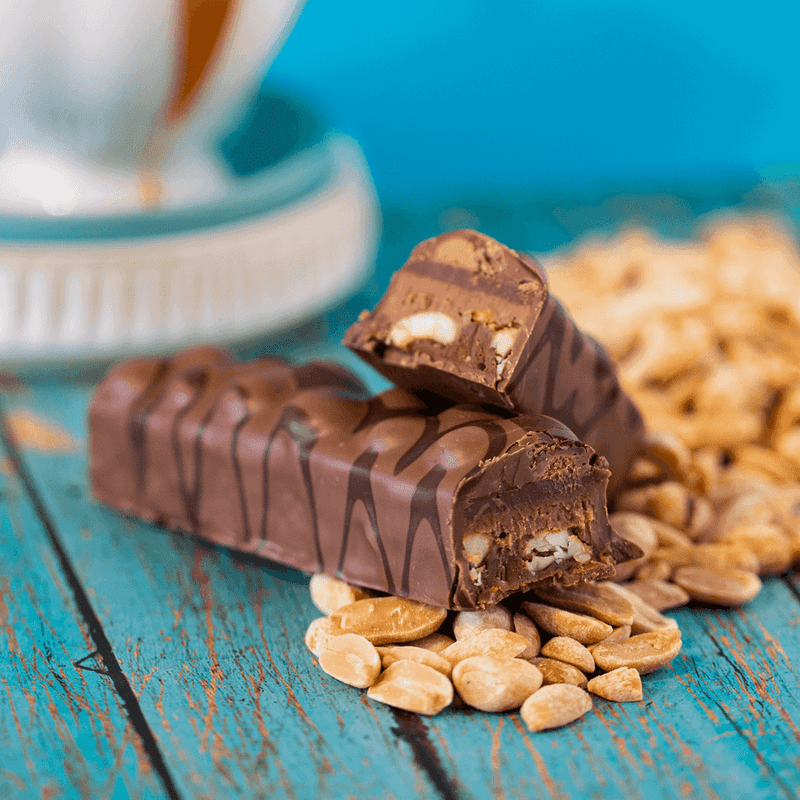
Unwrap a candy bar and you’re basically eating a science experiment! The average bar packs around 30 grams of sugar – that’s 7.5 teaspoons in something you can devour in three bites. Your blood sugar doesn’t just spike; it launches into orbit.
Beyond sugar, these sweet treats contain palm oil (environmental disaster alert), artificial flavors, and preservatives. That creamy filling? Often hydrogenated oils that your liver treats like an invading army.
11. Greek Yogurt

Finally, a processed food that won’t make your doctor faint! Greek yogurt undergoes straining that removes whey, concentrating the protein to impressive levels – often 15-20 grams per serving. That’s as much protein as three eggs!
The fermentation process creates beneficial probiotics that support gut health and immunity. These friendly bacteria help digest lactose, making Greek yogurt easier to tolerate than milk for many people.
12. Canned Beans
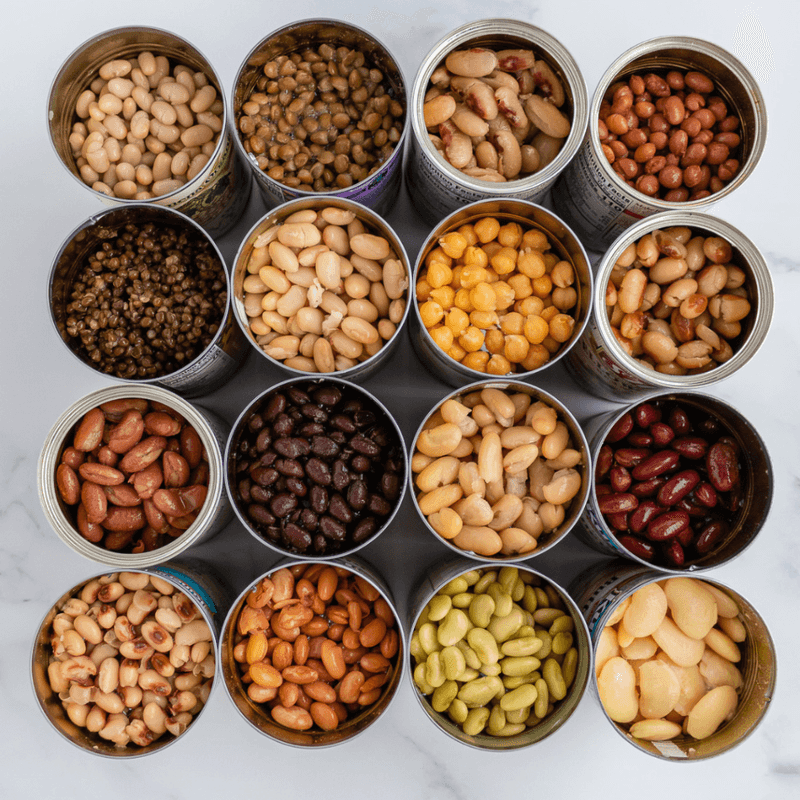
Magical fruit in a can! Beans undergo minimal processing – they’re simply cooked and canned with water and sometimes salt. Unlike many processed foods, they retain nearly all their nutritional superpowers, including protein, fiber, and minerals.
A single serving delivers about 7-8 grams of fiber – that’s a quarter of your daily needs! This fiber feeds your gut bacteria, lowers cholesterol, and keeps your digestive system running smoothly.
13. Frozen Vegetables
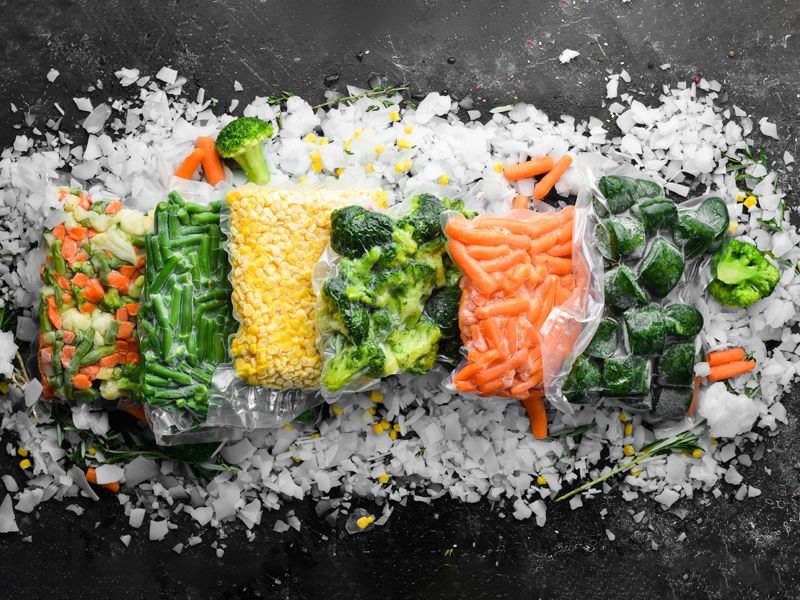
Shocking truth: frozen veggies are often MORE nutritious than the “fresh” stuff wilting in your produce drawer! They’re harvested at peak ripeness and flash-frozen within hours, locking in nutrients that would otherwise degrade during shipping and storage.
Studies show frozen vegetables retain similar levels of vitamins C and A compared to their fresh counterparts that traveled days to reach your store. The freezing process requires no preservatives – just quick blanching and freezing.
14. Nut Butters
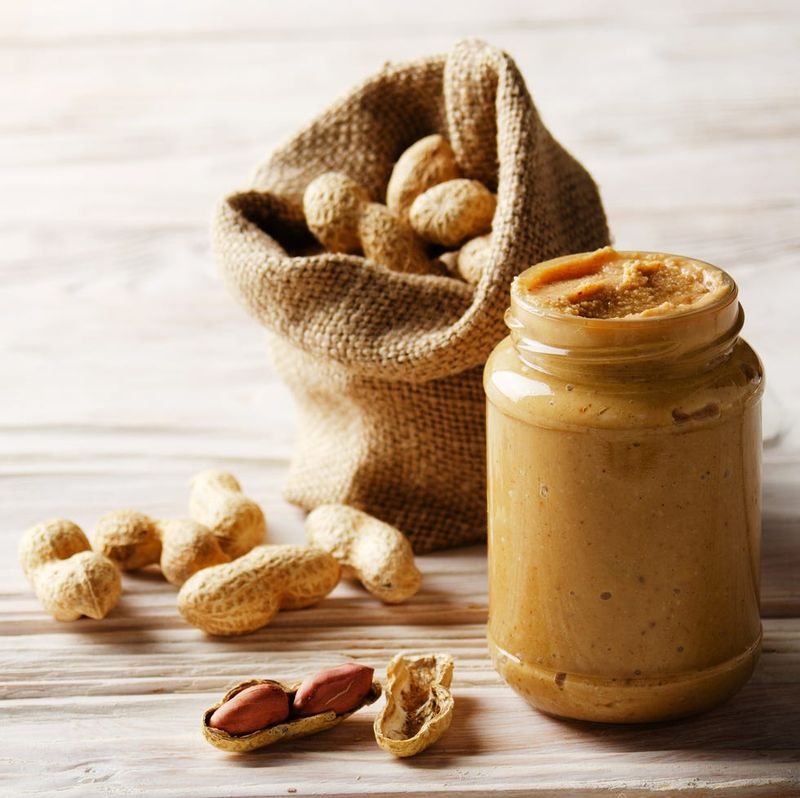
Peanut butter lovers, rejoice! This creamy spread deserves its cult following – it delivers protein, healthy fats, and satisfaction in every sticky spoonful. Natural versions contain just nuts and maybe salt, making them minimally processed nutritional powerhouses.
The healthy monounsaturated fats in nut butters help lower bad cholesterol while supporting brain health. They’re also packed with vitamin E, magnesium, and other minerals your body craves.
15. Canned Tomatoes
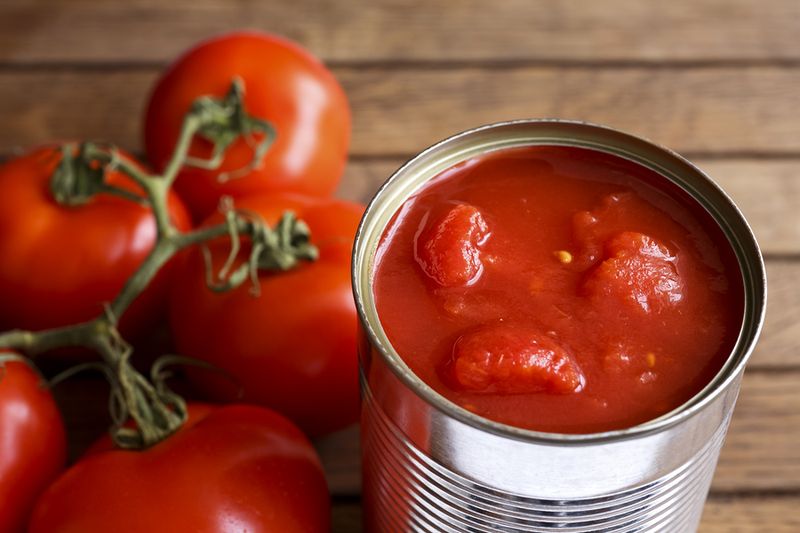
Tomato magic happens in the can! The canning process actually increases lycopene – a powerful antioxidant linked to lower cancer and heart disease risk. Heat from canning breaks down cell walls, making this nutrient more available than in raw tomatoes.
These red gems undergo minimal processing – just cooking and canning – preserving their vitamin C, potassium, and fiber. They’re picked at peak ripeness, unlike many “fresh” tomatoes harvested green for shipping.
16. Whole-Grain Bread
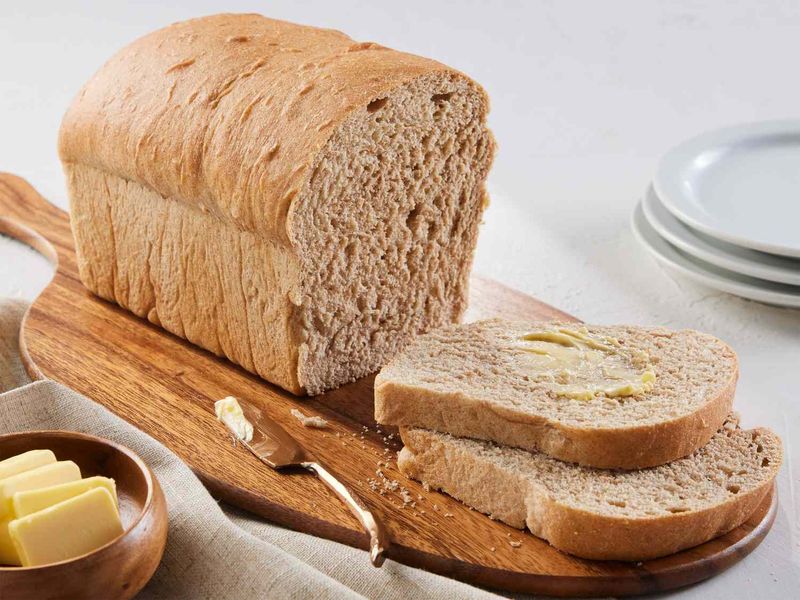
Not all bread deserves its bad reputation! Properly made whole-grain versions retain the bran and germ – parts of the grain containing fiber, protein, vitamins, and minerals that white bread loses during processing.
Quality whole-grain bread undergoes fermentation that breaks down phytic acid, making minerals more available for your body to absorb. Some varieties use sourdough fermentation, creating prebiotics that feed beneficial gut bacteria.
17. Hummus
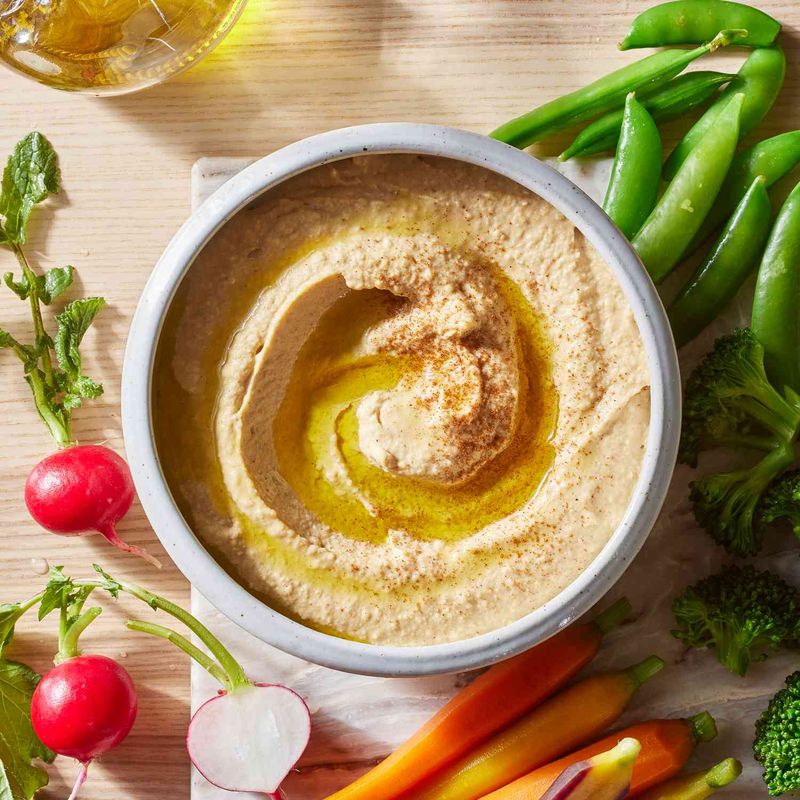
Hummus might look like beige mush, but it’s nutritional gold! This Middle Eastern spread transforms humble chickpeas into creamy perfection through minimal processing – just blending with tahini, olive oil, lemon juice, and garlic.
The combination creates a complete protein source containing all nine essential amino acids. The olive oil provides heart-healthy monounsaturated fats, while the tahini delivers calcium and iron often missing in modern diets.
18. Canned Fish
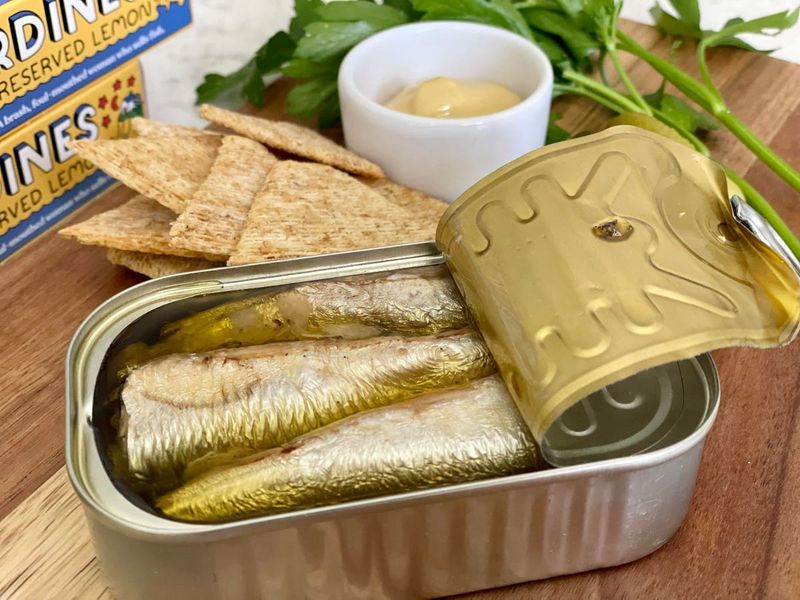
Tuna, salmon, and sardines in a can might not win beauty contests, but they’re nutritional superstars! These underwater treasures deliver high-quality protein and omega-3 fatty acids that fight inflammation and support brain health.
The canning process preserves nearly all the nutrition of fresh fish but with remarkable shelf stability. Canned salmon even retains soft, edible bones that provide calcium – something you’d normally toss from fresh fillets.
19. Dark Chocolate

Chocoholics, celebrate! Dark chocolate (70%+ cocoa) contains more antioxidants than many fruits and vegetables. These compounds fight oxidative stress and inflammation, potentially lowering heart disease risk.
The processing of cacao beans into chocolate involves fermentation that creates beneficial compounds. The darker the chocolate, the less sugar and more flavanols – the good stuff that supports blood flow and brain function.
20. Sauerkraut
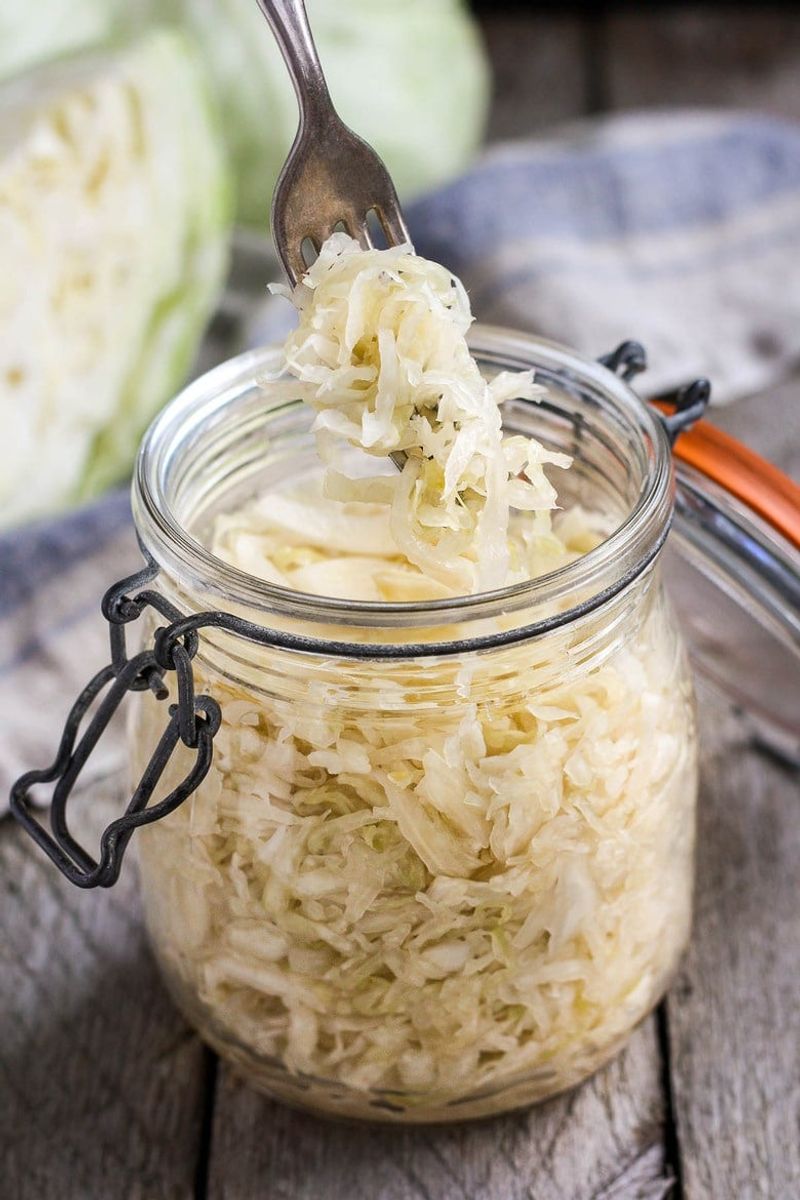
Stinky, sour, and absolutely spectacular for your health! Sauerkraut transforms ordinary cabbage through lacto-fermentation – a process where beneficial bacteria convert sugars into lactic acid, creating that distinctive tang.
These probiotic powerhouses support gut health, immune function, and even mental health through the gut-brain connection. The fermentation process actually increases vitamin C and makes minerals more bioavailable than in raw cabbage.

